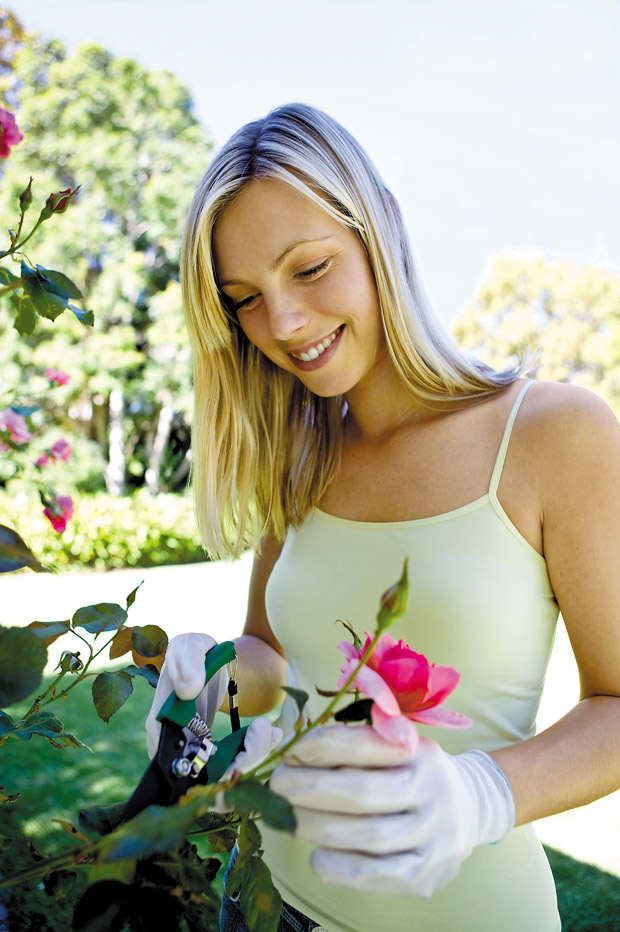Expelling prickly pests from your prized rose bed
Warm weather welcomes flowerbeds, gardens that burst with color and fragrance, and in many yards, roses are the stars of the show. Americans love their roses — and so do a host of harmful pests, including Japanese beetles, aphids, mites among other insects.
Pests can cause a great deal of damage to roses, especially considering many varieties have a reputation for being tenderly delicate. While some types of roses are hardier against disease, no rose alive can fight off an aphid infestation without some help from the gardener. However, growing awareness of the environmental impact of some common pesticides may have many rose gardeners looking for more natural ways to protect their blooms this season.
Brand-name neonicotinoid pesticides, commonly used to keep pests off plants, are being banned in states across the country, including Mar yland, Connecticut and Minnesota. North Carolina is currently considering a similar ban. This class of insecticides is believed to contribute to the devastation and decline of honeybee populations across the country. Many gardeners may have to start looking for alternative, more environmentally friendly solutions to protect their prized roses.
Fortunately, rose aficionados have several natural ways to defend their gardens from pests. These measures can help protect rose gardens and the environment:
• Choosing a good location for your roses is the first step. If you’ll be planting new rose bushes this season, look for a location that will help the roses thrive. The healthier the plant, the hardier it will be in resisting disease and pests. Roses should get six to eight hours of sun per day, and need at least three feet of space on all sides to flourish. Be sure to properly prepare the soil, mulch around the base of the plant, and regularly fertilize and water.
• Next, keep a careful eye on your roses. Regularly inspect blooms, branches, stems, undersides of leaves and vines for signs of insect infestation, including the presence of eggs, grubs and adult insects.
• Keep pests away with a natural, environmentally friendly, dual purpose repellent.
• Use nature to defend your roses; hang bird feeders to attract backyard birds that regularly dine on insects harmful to roses. You can also purchase lady bugs, which eat aphids, to release in your rose garden. Just be sure to research the best time and conditions for releasing lady bugs, or they will fly away before making any impact.
With a bit of attention, planning and effective natural assistance, it’s possible, even easy, to keep your roses radiantly resplendent while naturally protecting them and the environment.
This article is courtesy of Brandpoint.
